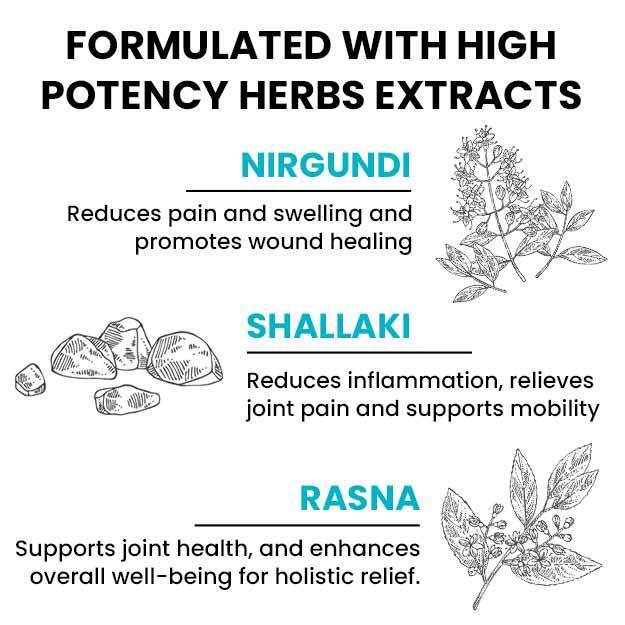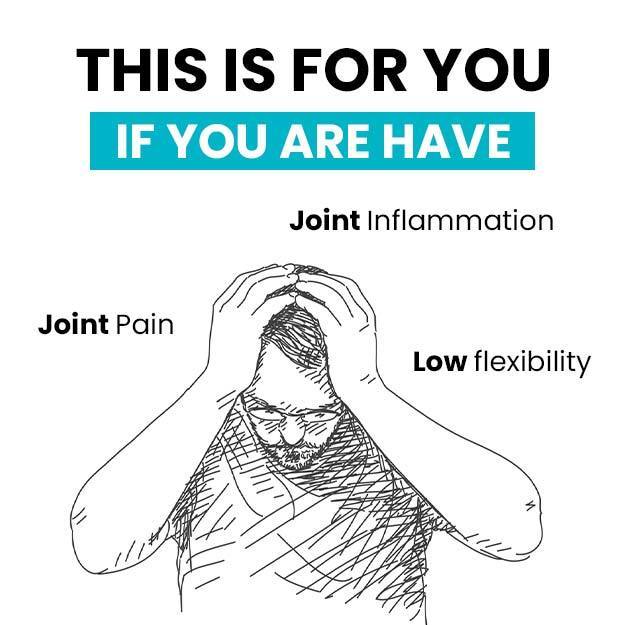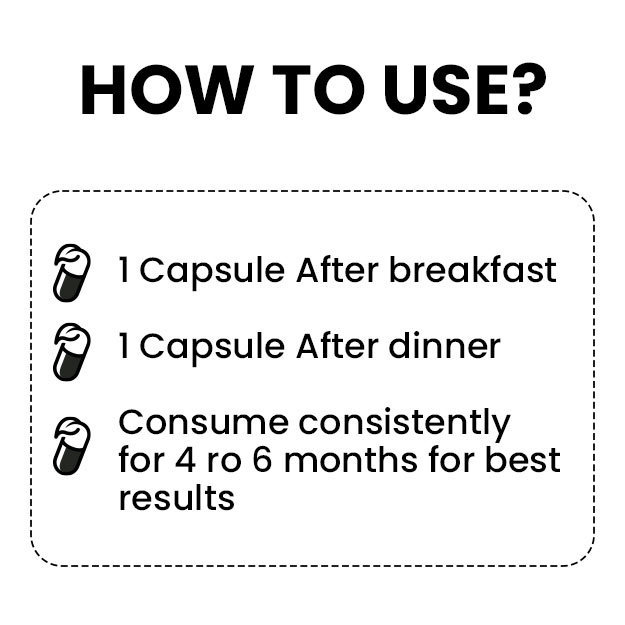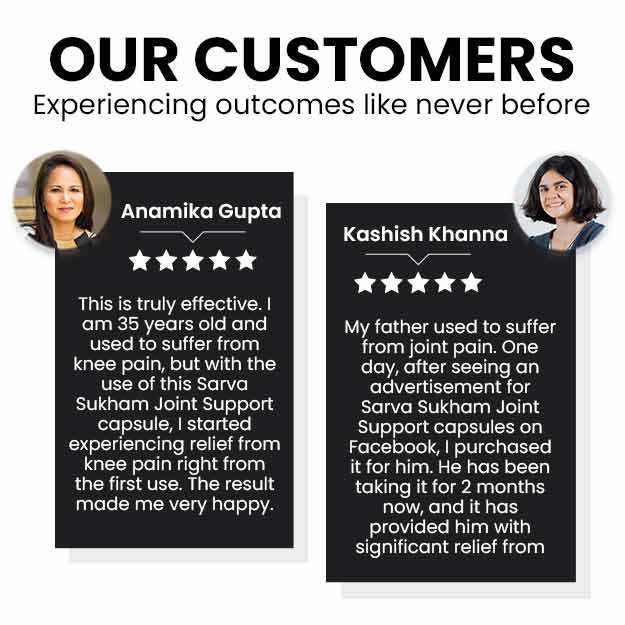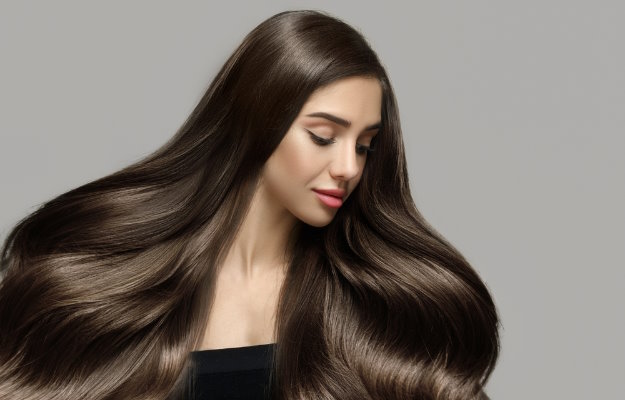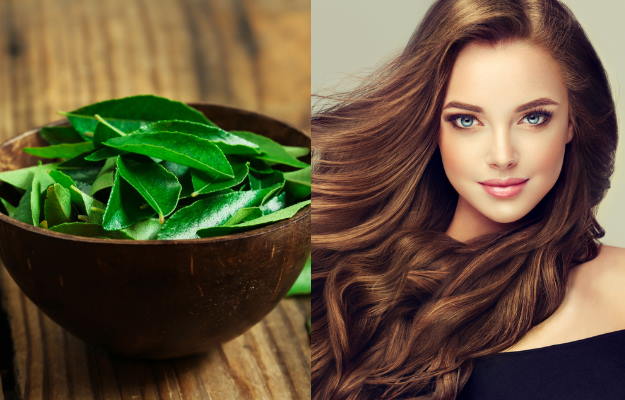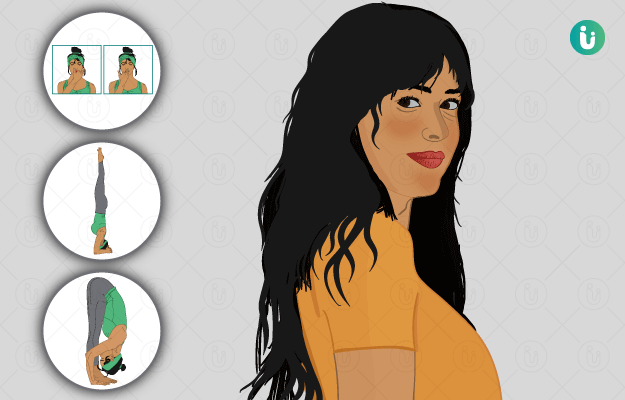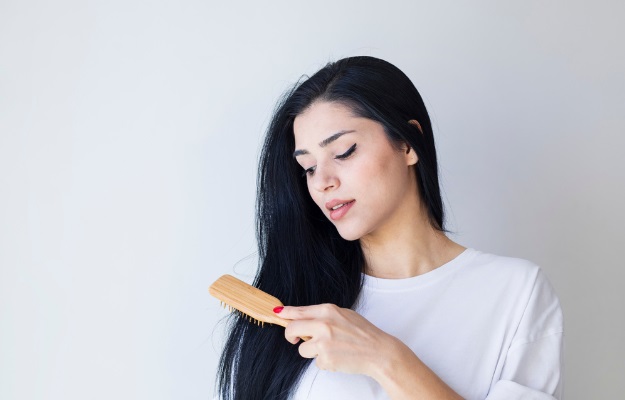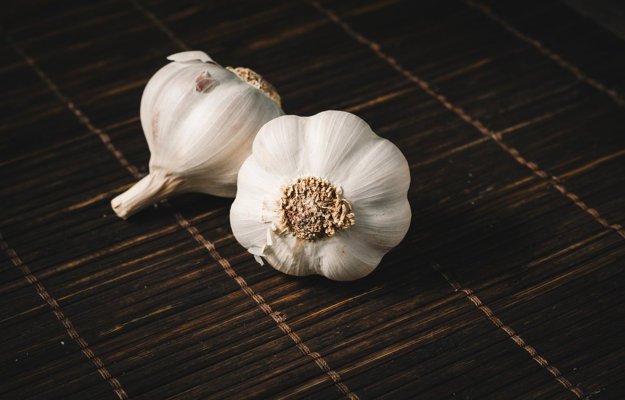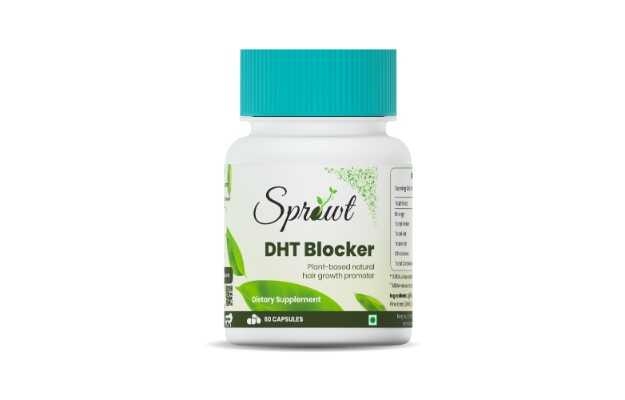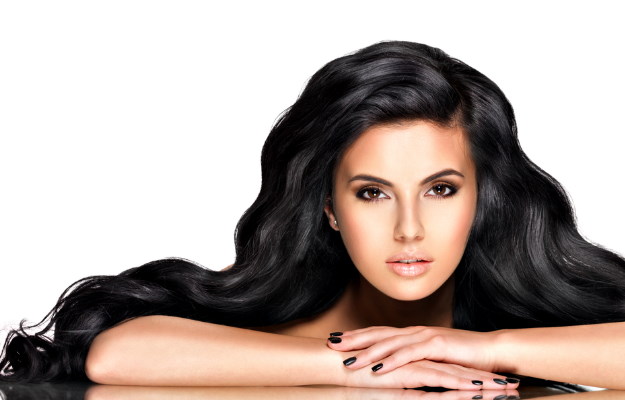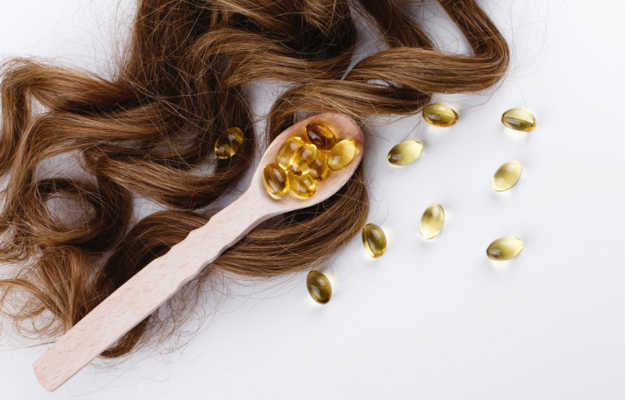Hair trends come and go, and but somehow long locks never go out of style. And while our favourite Bollywood actresses may make it look really easy, going from a bob cut to hair that reaches your hips can be quite difficult. Unless you’re gifted with really fast hair growth, you’ll need to be patient and put in some effort for your hair to grow long. And while long hair comes with its own set of challenges - what with it being extremely hard to manage and a complete nuisance during the summer months - we never stop trying to make it grow faster and thicker, especially after a trim or haircut.
Everyone’s hair grows at a different speed. There are many factors that this speed depends on, such as your age, diet, type of hair and underlying health conditions. That said, each strand of hair goes through four phases.
- Anagen: The hair growth phase, when the hair is growing.
- Catagen: The regression phase, which signifies the end of hair growth.
- Telogen: The resting phase, when the hair rests but remains attached to the scalp.
- Exogen: The shedding phase, when the hair falls off.
To make your hair grow faster, you would have to influence the hair follicle to stay in the anagen phase for longer. There isn't enough research on whether this is possible or not, but there are ways to promote better health of hair during the growing phase which would hopefully also elongate the phase. Another way to help your hair grow is to actually reduce hair fall and breakage. This would automatically help the hair complete its natural cycle and lead to longer hair.
Diet for hair growth
Diet is one of the most important factors when it comes to your hair growth - and one of the few you can actually do something about. Vitamin and mineral deficiencies can affect not just your hair growth but also a million other processes in your body. Not getting enough omega 3 and 6 fatty acids, biotin, zinc and iron can result in slower hair growth. Make sure you’re having a balanced diet that fulfils all your daily dietary requirements and you’ll need to do this consistently, not just on and off.
Your hair is largely made of protein which is why this macronutrient is especially important for hair growth. It may be a better idea to make sure you’re getting enough of it in your diet, instead of reaching for supplements. Some protein-rich foods are lean chicken, fish, eggs, tofu and dairy products.
Counting the calories in your food may help you with weight loss, but many low-calorie diets can also affect your hair growth negatively. If you’re cutting calories to manage your weight, you may want to try another diet that doesn’t restrict calories this much and step up your fitness regime.
If you are tired of dieting and exercising and are not able to lose weight, then use myUpchar Ayurveda Medarodh Fat Burner Capsule, it has no side effects, order it today and avail the benefits.
Mental health for hair growth
There is a very strong connection between your mental health and hair growth. Excessive stress has many visible effects on the body, and one of them happens to be an increase in hair loss.
The types of hair loss that stress can be responsible for are:
- Alopecia areata: This is a disorder in which the body starts attacking the hair follicles, resulting in hair loss. Alopecia affects both men and women.
- Telogen effluvium: A condition in which the hair is pushed into the telogen stage earlier. This may result in thinning or loss of hair.
- Trichotillomania: A disorder in which one feels the needs to pull out their hair repeatedly.
One way to prevent these conditions is to manage your stress levels better, as soon as you notice that it’s starting to take a physical toll on you. You can pick one or more stress-busting activities like exercising, painting, reading for pleasure, singing and dancing or volunteering at an NGO. If nothing works, don’t be afraid of asking for help from loved ones and/or a medical professional.





